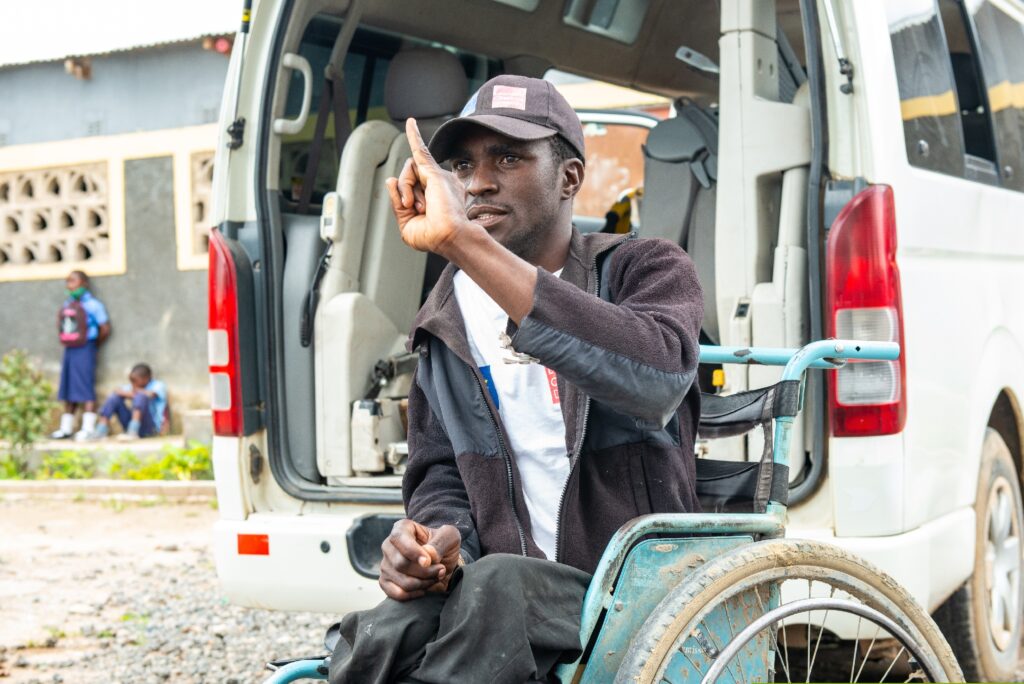DESIGNING AN INCLUSIVE ELECTORAL SYSTEM-Enhancing political participation of persons with disabilities
KEY POINTS
· The full and equitable participation of persons with disabilities in political
and public life is essential to building and sustaining strong, vibrant
democracies.
· The abilities of persons with disabilities to participate equally in politics as
activists, voters, members of civil society, party members or leaders,
government officials and elected leaders results in tangible gains for
democracy.
· The current design and structure of the Zambian electoral system has not
only excluded persons with disabilities but made it difficult for them to
actively participate in the electoral processes especially as candidates.
· Participation of women with disabilities in political and public life is one of
the key characteristics of an inclusive democracy.
· An inclusive electoral process is vital for inclusive national development as
it creates an environment for all citizens to contribute positively.
· The implementation of an inclusive electoral system to enhance the
participation of persons with disabilities will require the existence of an
anti-discrimination legal framework that prohibits all forms of
discrimination on the basis of disability.
· An inclusive electoral system depends on the availability and provision of
support services and devices: It is insufficient to have a strong anti-
discrimination legal framework, or accessible environments and services.
Some persons with disabilities may require different forms of assistance
and support to live and fully participate in electoral processes including in
their communities.
· Vital lessons can be drawn from the design and implementation of electoral
quota systems from other jurisdictions to inform Zambia’s inclusive
electoral system design.
